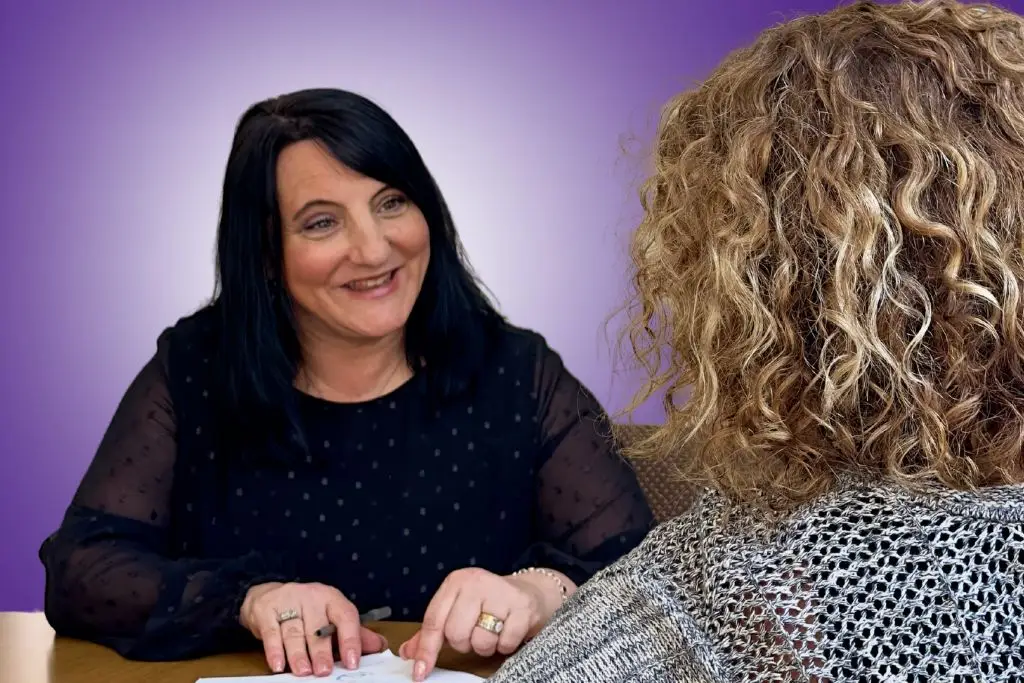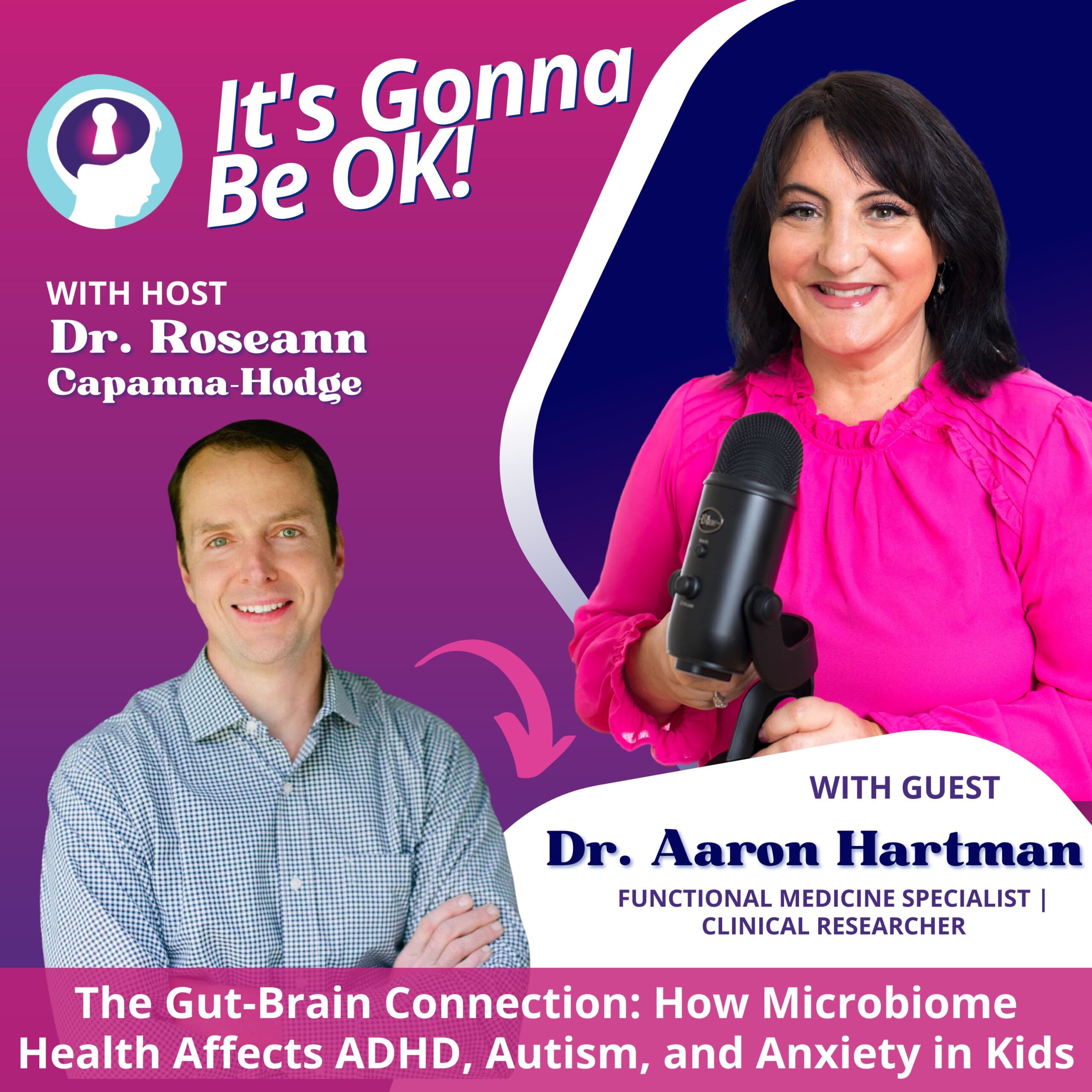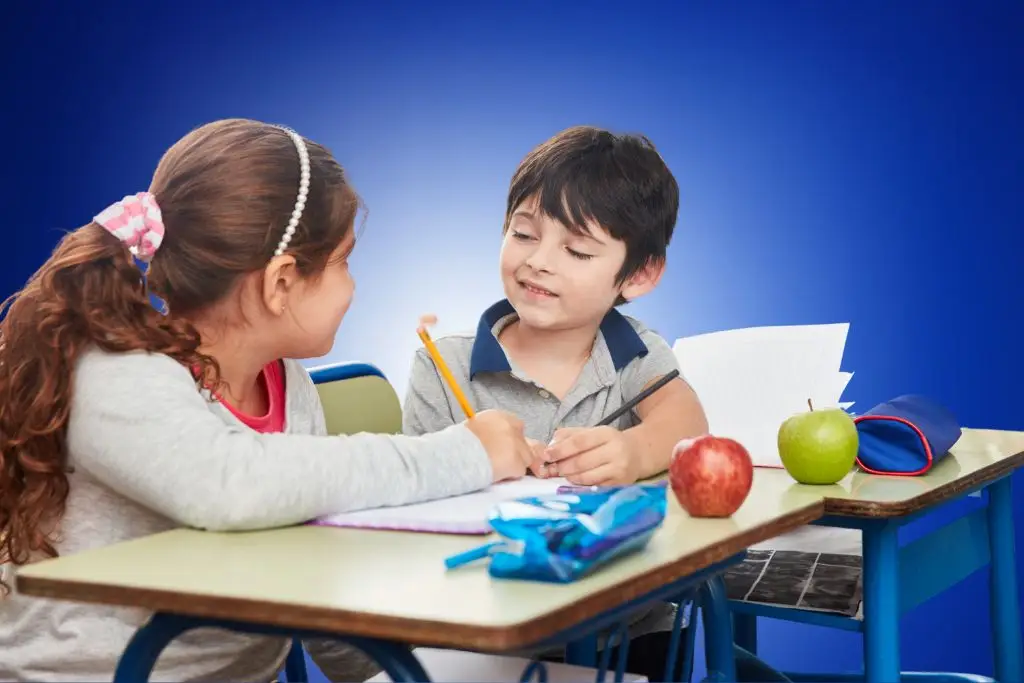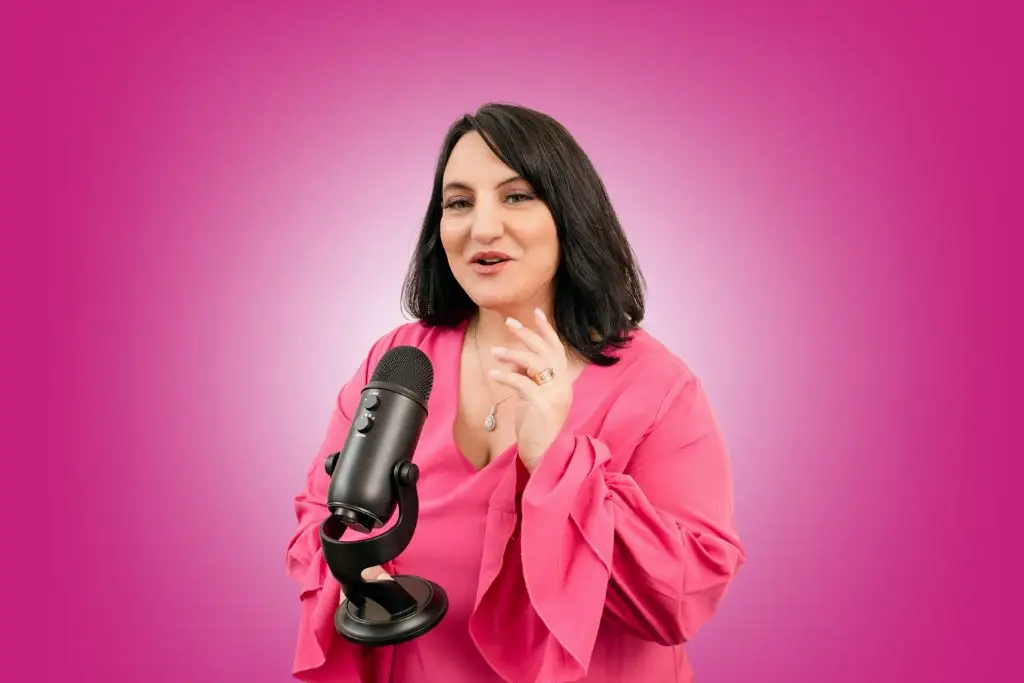Literacy remains to be a major issue in education, particularly in the Individualized Education Plan, in the United States. This is even more of a problem because of literacy difficulties associated with dyslexia.
Dyslexia greatly affects children’s academic development as they struggle with phonological processing, comprehension, and even spelling words. This can also affect one’s self-esteem because of feelings of constant frustration and other negative feelings.
We’ll be focusing on improving reading skills – brain training for dyslexia in today’s episode with Nancy McDermott, a fellow mother of a dyslexic, to help kids thrive especially in school. Let’s take a step towards changing the brain and giving your dyslexic child the right keys to help them learn.
Nancy’s story of how she came to work with Anthony.
I remember wanting to become a neurofeedback provider after seeing how incredible it is to be able to help families especially when it comes to dealing with mental health issues. I’ve personally seen how Nancy did her mission and it’s been such a profound moment to witness how she helped families.
Nancy recalled how Anthony was such a bright kid. Early on in his development, he had good verbal and motor skills but all of a sudden, as they were trying to learn letters, they reached a dead stop which was shocking as he was learning everything else so quickly and easily.
Diagnosing dyslexia today.
Having worked in schools and having done neuropsych testing for 22 years, people still don't understand dyslexia today. It's so easy to diagnose. You just need to go to a qualified expert who knows what it is.
Dyslexia could appear in many signs like he couldn't rhyme things properly. For example, if you would ask your kid to write something with rain, he might write a frame. It’s close but it doesn’t make sense.
People don't understand dyslexia because they still think it's a visual processing problem but in truth, it's an auditory processing problem wherein the brain can't properly hear the sound.
What is Orton-Gillingham and how does it work?
Orton-Gillingham is an approach that came about in 1917. It is a style of reading instruction that was designed for dyslexics and it is still being used until today. It is the mother of all dyslexia reading programs that are evidence-based and proven to be effective.
Having 95-97% efficacy, such an approach is well-regarded for its structured intensive phonics. It is designed in a way to remediate dyslexia without getting into all the particulars, but it requires a lot of intensity. In fact, you can't just skip the steps; you have to master it in order to move to the next level.
There is no medication for dyslexia.
There is no medication for dyslexia. Many parents come to me not knowing what else to do and saying that they’ve been encouraged to have their dyslexic kids medicated. However, there is actually a way to deal with dyslexia so we shouldn’t lose hope.
Many kids that are dyslexic are first diagnosed with ADHD, especially if they're not caught in the beginning before they get to reading instruction. In fact, it’s often misdiagnosed with ADHD as they share common symptoms like difficulties in attention and concentration.
Dyslexics typically have a higher IQ than average, and they can compensate with instruction. So as much as possible, what you need to do is to get your kid identified as early as you possibly can.
How do you treat neurodyslexia?
We’ve already mentioned how helpful Orton-Gillingham is and I believe neurofeedback and Orton-Gillingham is the winning combination across diagnoses.
Having these two combined not only calms the brain but it also allows for increased learning. However, there needs to be consistency in order to really see positive changes. Sometimes, it’s a challenge to get your kid to comply but as parents, we have to convince our kids and make them realize that if they want to get better, they have to cooperate.
Moreover, this combo helps improve sleeping conditions as these treatments somehow relax the brain. In the long run, you’ll see the positive changes and these will show up in your kid’s performance in school.
For some, it’s not always easy to seek help and so as much as possible, we have to instill in our kids’ minds that this is just a little hiccup and we're going to find a way to help them rise to that challenge. We're going to find a way to make sure that they can do what they want to do.
Kids with dyslexia are so creative.
One of the things that I love about kids with dyslexia is their creativity despite their difficulties in other academic areas. Dyslexic kids often have good visual thinking skills which result in creative imagination.
They see most things in a holistic manner which improves their creativity even more. This becomes greatly beneficial when they need to accomplish certain tasks through a fresh and out-of-the-box perspective.
What to do for improvement?
We all know that physical health is interconnected to our mental health. That is why we must have a healthy lifestyle to make sure that our brain is healthy as well. Try to have better food quality whenever you can.
Regular exercise can be beneficial for dyslexic individuals. It improves one’s well-being and enhances cognitive function. And of course, it helps reduce stress and anxiety and promotes better sleep quality.
Mindfulness meditation can improve the well-being of a dyslexic. It can enhance one’s focus, attention and self-awareness. Other than this, doing breathing exercises may also offer potential benefits.
We actually have a device to improve your attention, memory and learning. You can check it out by visiting our website (https://drroseann.com/calmpemf/).
What do you wish every parent knew about dyslexia?
There is still hope – that’s important for parents to know. Trust your child and trust the process. Fight for your child and help them thrive not just in school but even outside of school.
Another important thing that parents should take note of is that they shouldn’t let people deter them. Find other people or support groups wherein you feel comfortable sharing these things with. As a parent, you’re the main expert considering that you’re there for your kid 24/7. Find an expert whose values and interests are aligned with you and your kid to guide you throughout the journey.
Links and Resources:
➡️ Join our FREE Natural Parenting Community to receive science-backed resources for your child and family. Join here.
➡️ Get help from Dr. Roseann and her team. Apply here.
➡️ “Is it ADHD or something else?” Take the quiz.












